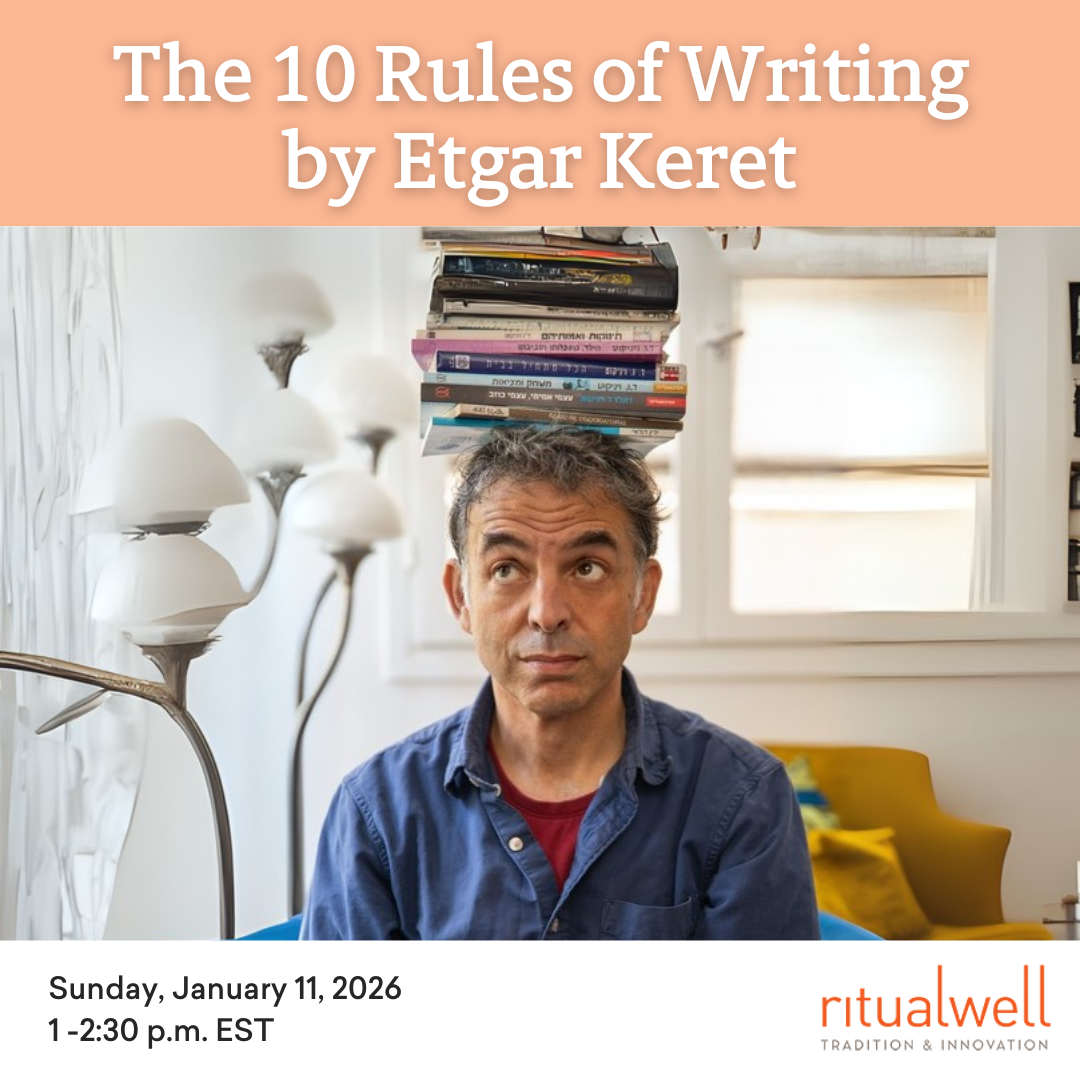This might be the last time all 25 of us are together for seder.
It is a seder that almost doesn’t happen. My father’s brother, my Uncle Lenny, has just been moved to the Kutz Home, as his Progressive Supranuclear Palsy has caused enough neurological degeneration that he can no longer be cared for by my Aunt Nan at home. My brother’s wife, Gail, is scheduled for a mastectomy on Wednesday, the first night of Passover. My other brother’s children attend a Quaker school, and are not off from school on Wednesday, Thursday, or Friday. Given the fact that we all travel to Delaware, to Aunt Nan’s house—from New York, Washington, and Pennsylvania—it looks like we will not have a seder this year.
But then my niece, Loree, begins to email us all. She really wants to have a seder and she wants to host it, despite the fact that her mom will be in the hospital all week. She is aware that this might be the last time the 25 of us who live in the New York–DC corridor will be together for some time, as the first four children of her generation, herself, included, will leave for college in the fall, and as Uncle Lenny’s health is so fragile. She wants us all to be together for this seder. And she wants to learn how to make a seder.
She delegates many dishes to be brought, asking some of us to come early enough to teach her how to make the traditional ones. And she wants to uphold Aunt Nan’s tradition of having the head table be all male. Even as the one who brings us together, makes bowls of fruit salad and dairy-free flan, mixes fresh horseradish root into horseradish sauce, she does not see the need to have more of a voice, not even as a first-born. Being together and sitting at the “kids’ table” is more than sufficient expression and fulfillment for her. She does all of this at the age of 17, while her mother is one day post-op, and in spite of the fact that except for family Passover seders, she has not been raised Jewish.
At the end of the table, Uncle Lenny sits in his wheelchair, his aid having fed him, one tiny morsel at a time. He can hardly swallow. His body tremors, electrical signals gone horribly wrong. He has not stood unassisted in months. He can barely form words, and his efforts to do so have diminished, as he is no longer intelligible. And he hasn’t the breath to speak. But he is here with us.
Our meal is complete and we begin our family’s tradition of reciting “Who Knows One?” The list must be said in one breath, and “Who Knows Thirteen” has been recited by one of us 3 ¾ times in one breath, a family record that, each year, many, especially the kids, attempt to break. My father begins, intones: “Who Knows One?”
From his place at the table, his younger brother, who will not live to see the next Passover, pushes against the arms of his wheelchair, wrests himself to a trembling stand. He grasps the table for balance. In a quivering, fervent, but self-assured voice he affirms:
“I know One. One is the God of the World!”

Sheri Lindner, Ph.D., is a clinical psychologist and writer whose works have appeared in Jewish Currents, The Reconstructionist, Reconstructionism Today, Kerem, Jewish Women’s Literary Annual, Ritualwell.org, The New York Times, and other publications. She was the associate editor of Jewish Women’s Literary Annual from 2013–2016. Her book of collected writings is entitled Opening Eden’s Gate.






